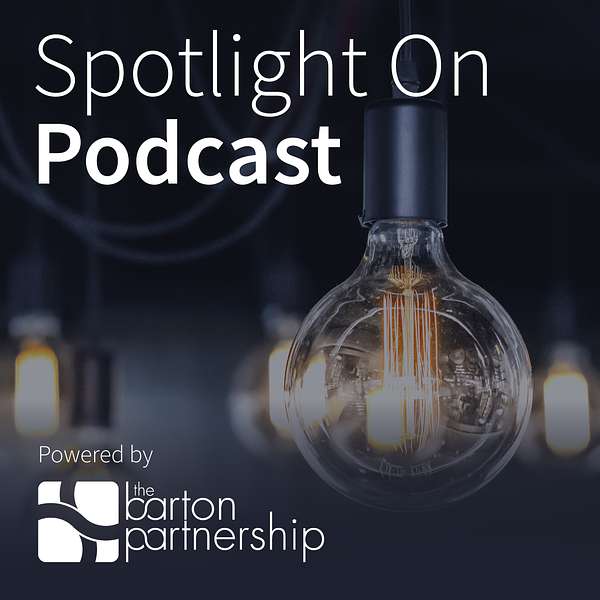
Spotlight On Podcast
The Barton Partnership's Spotlight On podcast brings together global executives, entrepreneurs and experts, sharing inspiring stories and shining a light on some of the most pressing issues facing businesses today.
Spotlight On Podcast
Spotlight On with Ari Labell, former President of North America for Hain Celestial
•
The Barton Partnership
On this episode of Spotlight On, Elaine Bermudez sits down with Ari Labell, an independent consultant and strategic advisor to the consumer goods industry and former President of North America for Hain Celestial. Ari shares valuable insights from his illustrious career, revealing the essence of building authentic brands that resonate with consumers.
We also discuss how forward-thinking brands can balance purpose and profitability, strategies for enhancing supply chain resilience, and how AI could revolutionise data usage in FMCG.